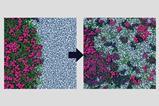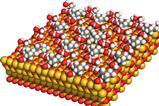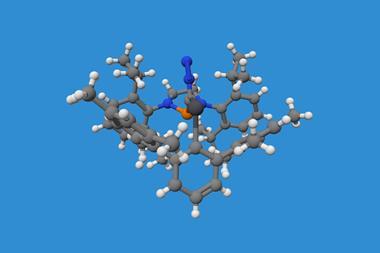In this interactive webinar, Schrödinger principal scientist Eliud Oloo discusses Free Energy Perturbation (FEP) technology, exploring its potential uses in protein engineering.
A common and significant goal in the design and optimisation of biologic drugs is the reliable prediction of the impact of specific residue mutations on protein stability, binding affinity, selectivity and functional attributes that are correlated with these properties.
The need to accelerate the design and optimisation of biotherapeutics has therefore led to renewed interest in computational protein engineering. Free Energy Perturbation (FEP) offers a rigorous physics-based approach for accurately computing free energy changes induced by protein residue mutation.
During this webinar, we look at a particular type of FEP technology called FEP+ and explain affinity and stability prediction results, illustrating the applicability of FEP+ and its uses in protein engineering.
By watching this webinar you will learn…
- Ways to streamline your workflows using integrated software solutions for your biologics design and optimisation research projects
- To improve the accuracy of your in-silico predictions with Schrödinger’s proven methodologies
- How Schrödinger can accelerate your research and development projects using the well-known computational chemistry software platform

Speaker: Eliud Oloo, principal scientist at Schrödinger

Moderator: Benjamin Valsler, digital editor, Chemistry World

Schrödinger’s industry-leading computational platform to accelerate drug discovery and materials design is deployed by leading biopharmaceutical and industrial companies, academic institutions, and government laboratories worldwide. Schrödinger is also applying its computational platform to a diverse and extensive pipeline of drug discovery programs in collaboration with pharmaceutical companies and has co-founded leading biotech companies. In addition, Schrödinger is using its platform to advance a pipeline of internal, wholly-owned drug discovery programs.



















